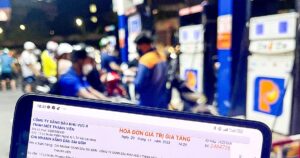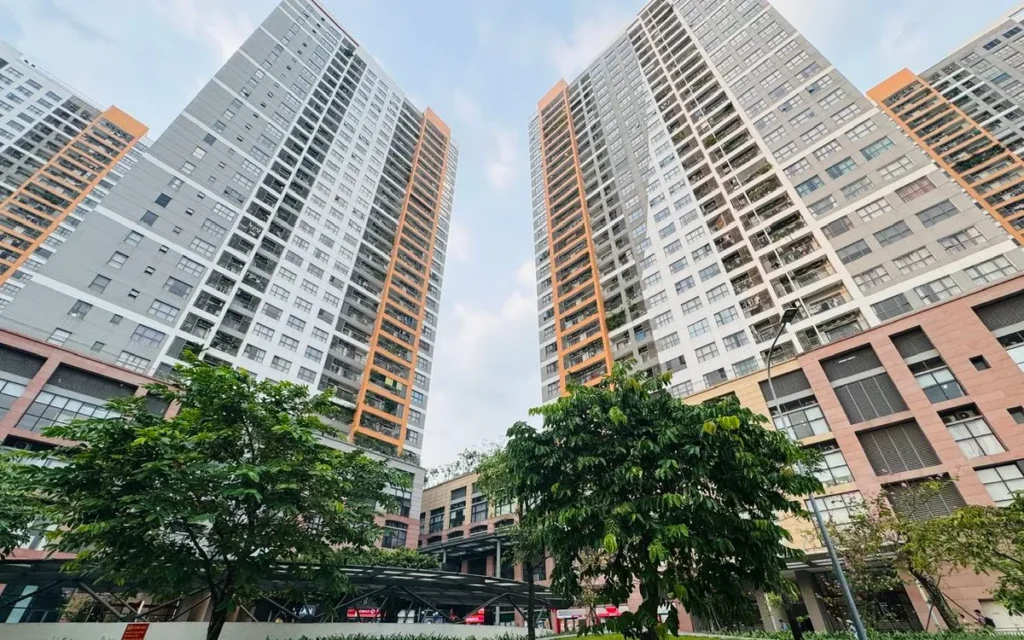In Ho Chi Minh City, tax compliance and financial transparency in large apartment buildings are becoming “hot” issues.
On May 16, the Management Board of The Sun Avenue apartment building in Thu Duc City said it had sent a series of documents requesting the tax authority to inspect the financial activities of the apartment building management unit. Previously, another apartment building in Ho Chi Minh City was also fined more than VND100 billion by the tax authority for violating tax obligations. These stories show the shortcomings in tax management at apartment buildings in Ho Chi Minh City.
Ms. Pham Thi Yen Nhung – Deputy Head of The Sun Avenue Management Board – affirmed: “Full implementation of financial and accounting obligations is a mandatory responsibility for all organizations operating in Vietnam, and financial transparency is a key factor in ensuring residents’ rights and effective supervision from the Management Board”.
According to the feedback from The Sun Avenue apartment building management board, since May 2024, the building management and operation unit has collected management fees and water bills through receipts instead of issuing value-added tax (VAT) invoices as prescribed. This has caused residents and the management board to worry about the legality of tax obligations and the possibility of financial loss.
Although the Board of Directors has sent two official documents to the Tax Department of Region II, Ho Chi Minh City, it has not received any response yet.
Ho Chi Minh City currently has thousands of high-rise apartment buildings with two popular operating models: The first is the self-management model: The management board directly collects and spends service fees. However, due to lack of accounting and tax expertise, many management boards only use receipts instead of invoices, violating regulations and potentially facing penalties.
Second, the professional management model: The units hired to manage the apartment building will collect money and must issue invoices. However, some units use the excuse of “collecting on behalf of” to avoid tax obligations, making it difficult for residents and tax authorities to monitor and control.
A recent shocking incident was at the Conic Southeast Asia apartment building (Binh Chanh district). The management board here was administratively fined more than 119 billion VND by the Tax Department of Region II for not issuing invoices when providing services.
In response to a series of complaints from residents of apartment buildings in the area, from the beginning of 2025, the Department of Construction coordinated with the Ho Chi Minh City Tax Department to pilot the connection of financial data of apartment buildings, requiring transparency of electronic invoices and public disclosure of books.
According to many experts, the ambiguity in tax obligations in apartment buildings is not just the story of an individual or a management unit, but is widespread. To overcome this, it is necessary to review financial issues in large apartment buildings. Strictly handle violations – including the Management Board or the hired management enterprise. Clearly put financial disclosure into the regulations on management and use of apartment buildings./.
















